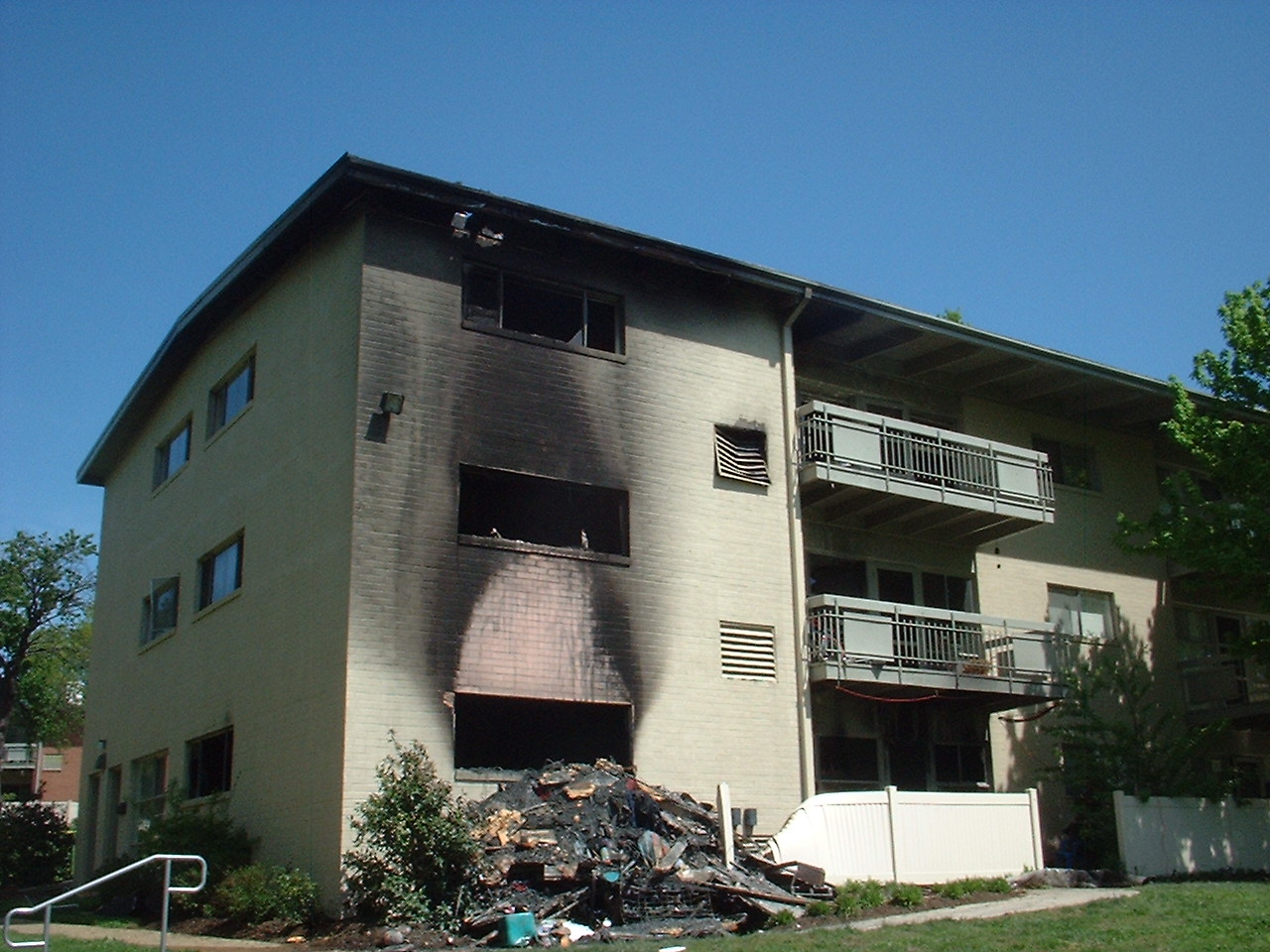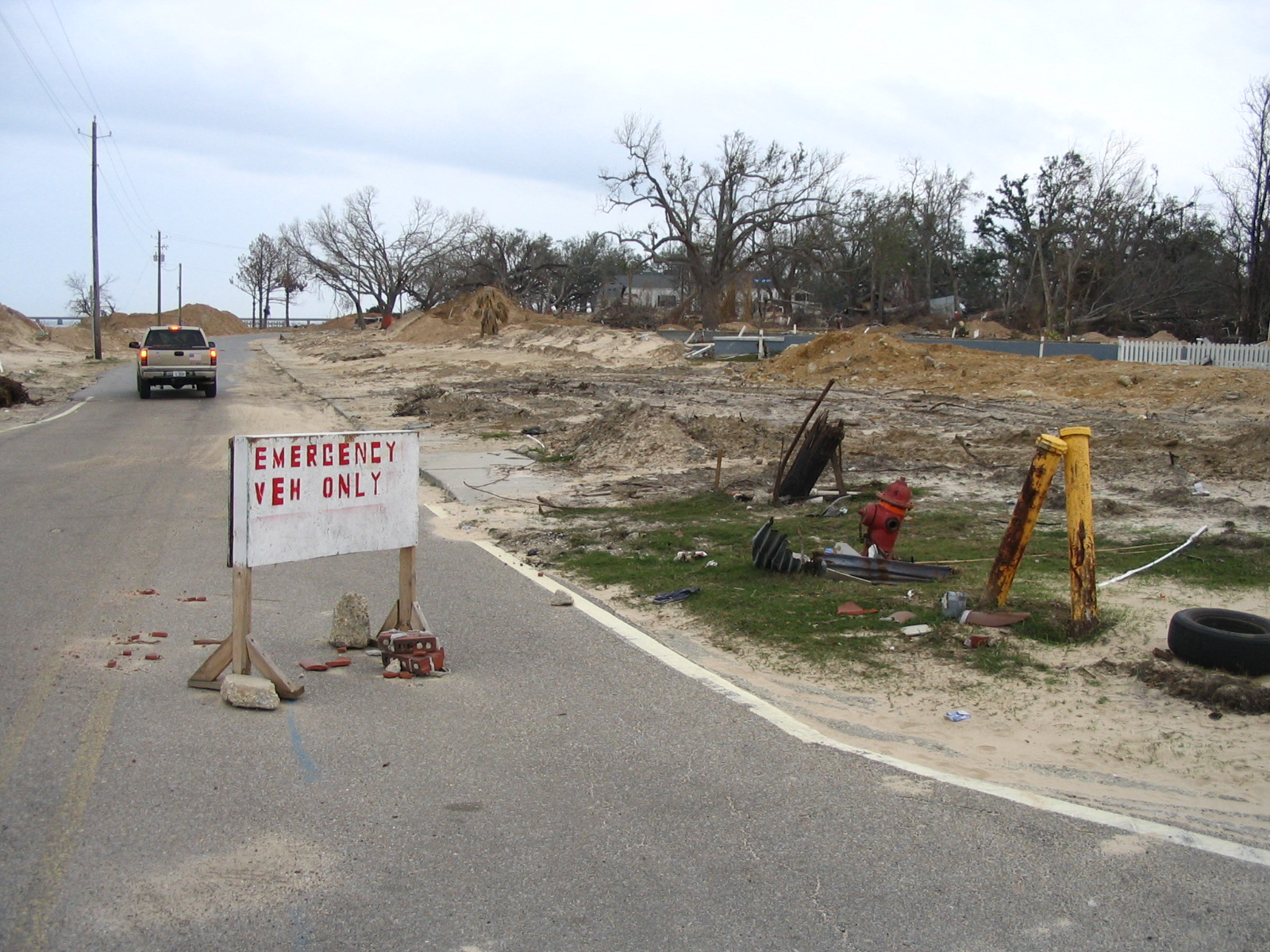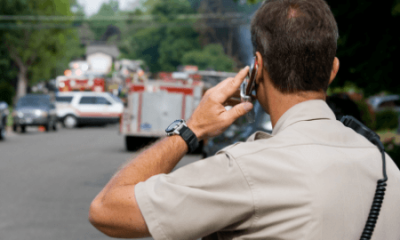9 Quick Tips for Individual Preparedness
As we discussed in weeks prior: preparing your family, friends, and neighbors is a large part of getting ready for an emergency or disaster situation. However, the most important aspect is preparing yourself as an individual. If you are unprepared, disorganized, and not ready for when disaster strikes, you will be of little help to others. In honor of National Preparedness Month, here are nine quick tips for your individual preparedness:
 1.) Begin an emergency fund
1.) Begin an emergency fund
In the event of a disaster, banks may be closed, internet access may be down, ATMs may not have power, and your credit/debit cards may be useless. It is important to have cash on-hand in case these situations occur. Sources state that having three-to-six months’ worth of cash on-hand to cover all expenses is the standard rule. Expenses would include the necessities such as food, clothing, shelter, and your regular bills.
2.) Download apps in advance
Helpful apps to have on your mobile device or tablet include but are not limited to: FEMA, The American Red Cross, Disaster Alert, and Life360. To find more, go to your device’s iTunes or Google Play store and type in keywords such as, “Emergency App,” “Disaster App,” or “First Aid.”
3.) Understand safety tips and protective actions you can take before a disaster
Educating yourself on disasters that frequent your area can help you prepare for them. Get ready to combat the disastrous losses that can come from such events. For example, if your area is on the coast and susceptible to hurricanes, be sure to install hurricane impact resistant windows and doors. The more you can prepare the more damage you can avoid.
 4.) Have a disaster kit ready
4.) Have a disaster kit ready
Think of items you would need if a disaster or emergency were to occur. Disasters oftentimes result in physical dangers from items such as flying debris, and health hazards such as soiled flood waters. Have a first-aid kit available for use at all locations you frequent (home, work, etc.), also be sure to have one in your car – as you never know when an emergency will arise.
5.) Gather and stock up on needed supplies
Be sure to have supplies purchased and in safekeeping in advance of storm warnings. Check out our blog on “Creating Your 12-Step Disaster Plan” for a list of emergency supplies to keep handy. Supplies does not just include food and water, it also includes necessities such as extra clothing, blankets, and medications.
6.) Back up important documents to the “Cloud”
The “Cloud” is another term for backing up documents virtually via the Internet. This can include important papers such as birth certificates, passports, drivers’ licenses, and also family memorabilia such as photographs. Our blog on “The Importance of Off-site and Virtual Backup” not only explains why you should consider virtual storage, but also how-to instructions as well!
7.) Make sure you know what your insurance policy covers
Insurance policies carry coverages and also many exclusions. Knowing what will be reimbursable post-storm is essential to your recovery financially and also a great strategy for planning in advance.
 8.) Make evacuation plans
8.) Make evacuation plans
Having locations and plans in place in advance of a storm is critical to survival, especially when large storms hit. Many people rely on technology such as their mobile device and/or GPS to navigate them. However, it is also beneficial to memorize your evacuation routes as well in the event of technology failure or power outages. Furthermore, have several routes mapped in case of road closures.
9.) Prepare your property
Depending on the type of storm or disaster, preparations to your property will vary. Again, researching beforehand ways to mitigate damages is vital to your well-being, both physically and financially. For advice on how to prepare your property, see “The 6 Natural Disasters You Need to Prepare For.”
Listen to our podcast on "Expecting the Unexpected - Surviving Disasters" for preparedness tips:
Visit our podcast section to view all episodes of Property Insurance Roundtable.
For additional preparedness tips, check out:
- “Your 12-Step Disaster Plan (Four Part Series)”
- “Keep Your Family and Property Safe in a Disaster Situation by Following These Steps!”
- “Community Volunteer Opportunities – Organizations & Tips!”
- “Failure to Prepare Spells Out Trouble for Business Owners”
- “Top 10 Communication Methods in a Disaster Setting”











